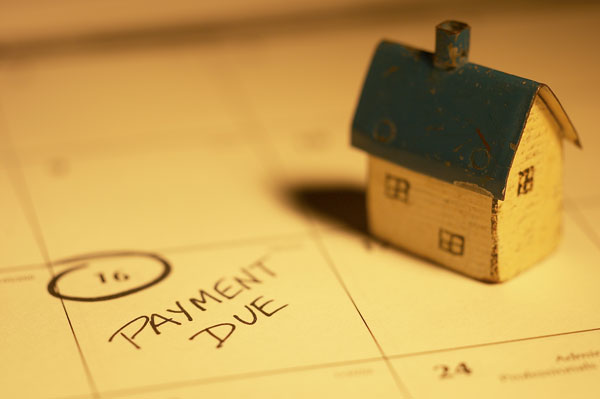Credit Cards & Loans
How to keep on top of your monthly outgoings

We reveal five top tips that will make managing your money that little bit easier.
A quarter of Brits admit to checking their current account daily in a bid to stay on top of their finances, new research reveals.
However, according to the report from M&S Bank, 78% of consumers don’t set a monthly budget, with the over 55s budgeting the least.
Only 13% of over 55s set out a monthly budget to track their finances, compared to 32% of 18-34 year olds.
The report also highlighted that 48% of Brits don’t use direct debits to manage their monthly outgoings, despite direct debits being a cheaper way to pay for goods and services.
Colin Kersley, CEO of M&S Bank, said: “As we head into spring, with many of us thinking about saving for our summer holidays, it’s the ideal time to review our finances.
“It’s encouraging to see that so many people are proactive about checking their bank account, which demonstrates a good degree of money management.
“However, it’s surprising how few set up direct debits or keep a monthly budget, which can be really useful to ensure you’ve planned for all your regular monthly outgoings.”
Although fewer over 55s budget their monthly outgoings, a higher number of over 55s use direct debits to pay for goods and services.
This compares to 42% of those aged 18 – 34. Women are more proactive when it comes to getting their money in order, with almost six in ten (56%) setting up monthly standing orders and direct debits, compared to 49% of men.
- Follow our top tips to keep on top of your monthly outgoings:
1. Set out a monthly budget – setting yourself a set amount to spend on certain things each month will help ensure you keep within your financial means. But go back and check your direct debits regularly to make sure you’re not paying out for goods and services you are no longer using.
2. Set up monthly direct debits – this is a good way to ensure you don’t miss any monthly payments, including your credit card. Make sure you keep in mind of when payments are leaving your account so that you don’t go into your overdraft.
3. Check your statements regularly – and keep an eye on what is going in and out of your account.
4. Be aware of charges, such as any overdraft facilities – if you know what the charges are, you know what to expect at the end of the month and can budget accordingly.
5. Ensure your bank offers services to suit your needs – think about whether you prefer to interact with your bank face-to-face, online or via telephone and what time and day or the week fits your schedule.